 There has been a lot of talk lately in education about the fact that schooling serves a dual purpose. It’s not just about the content and knowledge students acquire through their learning journey BUT also about the skills they develop along the way- skills that help them think deeply, socialise with others, research what needs to be found out and self-manage their learning. Skills that help them learn how to learn! World class educator and researcher, Dylan Wiliam (PhD) is quoted as saying
There has been a lot of talk lately in education about the fact that schooling serves a dual purpose. It’s not just about the content and knowledge students acquire through their learning journey BUT also about the skills they develop along the way- skills that help them think deeply, socialise with others, research what needs to be found out and self-manage their learning. Skills that help them learn how to learn! World class educator and researcher, Dylan Wiliam (PhD) is quoted as saying
‘The idea that children should learn how to learn used to be an optional extra; now it is a survival skill.’
He also says ‘Science, technology and mathematics will be important in the future, but so will subjects like music, drama, dance, and art, partly because they play a role in helping people live fulfilled lives, but also because these subject emphasize creativity more than other subjects, and creativity is the one thing we know machines can’t do’ (Please contact Frankston High School if you are interested in going to see Dylan Wiliam present mid next week!)
At Kunyung we are working together to support our students to learn how to learn (Learner Agency we call it!) and, at a recent Local PYP Meeting of staff from 5 schools, our staff were able to provide many wonderful examples of how this works in our school! Many staff from other schools were interested in finding out more about the ‘Kunyung Way’ after the event……….
Part of learning how to learn is to recognise the attributes of a good learner! At Kunyung, we call it the LEARNER PROFILE and it is characterised by the attributes below…..
IB learners strive to be:
| INQUIRERSWe nurture our curiosity, developing skills for inquiry and research. We know how to learn independently and with others. We learn with enthusiasm and sustain our love of learning throughout life. | OPEN-MINDEDWe critically appreciate our own cultures and personal histories, as well as the values and traditions of others. We seek and evaluate a range of points of view, and we are willing to grow from the experience. | RISK-TAKERS- COURAGEOUSWe approach uncertainty with forethought and determination;
we work independently and cooperatively to explore new ideas and innovative strategies. We are resourceful and resilient in the face of challenges and change. |
THINKERSWe use critical and creative thinking skills to analyse and take responsible action on complex problems. We exercise initiative in making reasoned, ethical decisions.
|
KNOWLEDGEABLEWe develop and use conceptual understanding, exploring knowledge across a range of disciplines. We engage with issues and ideas that have local and global significance. |
| CARINGWe show empathy, compassion and respect. We have a commitment to service, and we act to make a positive difference in the lives of others and in the world around us. | BALANCEDWe understand the importance of balancing different aspects of
our lives—intellectual, physical, and emotional—to achieve well-being for ourselves and others. We recognize our interdependence with other people and with the world in which we live. |
REFLECTIVEWe thoughtfully consider the world and our own ideas and experience. We work to understand our strengths and weaknesses in order to support our learning and personal development. | COMMUNICATORSWe express ourselves confidently and creatively in more than one language and in many ways. We collaborate effectively, listening carefully to the perspectives of other individuals and groups.
|
PRINCIPLEDWe act with integrity and honesty, with a strong sense of fairness and justice, and with respect for the dignity and rights of people everywhere. We take responsibility for our actions and their consequences. |
In fact, if you really think about the following attributes wouldn’t you want to display them personally, your work colleagues to display them, your children’s teachers to display them? If you develop these attributes you can learn almost anything, anywhere!
What Learner Profile Attributes can you see being developed in the following photos?
Now we have a visual of these attributes…..you can see that our classroom programs, specialists’ programs, daily experiences, excursions, camps are all aimed at developing and supporting the growth of these attributes! How can you support the growth and development at home? Try and use this common language at home and discuss what it might look like if you were displaying any of them.
There are many other factors that are involved in the IB PYP but let’s start here and digest this for now!!
Cheers
Kim Jackson
Assistant Principal
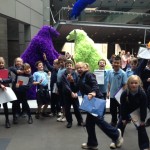
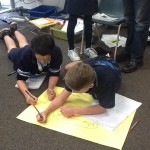







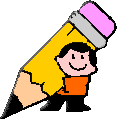
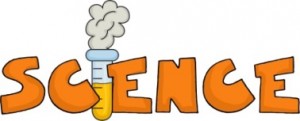
 experiments. We have been turning our daily school routine into a series of different activities that link to the Exhibition, eg. Instead of starting the day with reading about just anything, we have been bringing in articles about how the world works to read and in maths we have been graphing data.
experiments. We have been turning our daily school routine into a series of different activities that link to the Exhibition, eg. Instead of starting the day with reading about just anything, we have been bringing in articles about how the world works to read and in maths we have been graphing data.

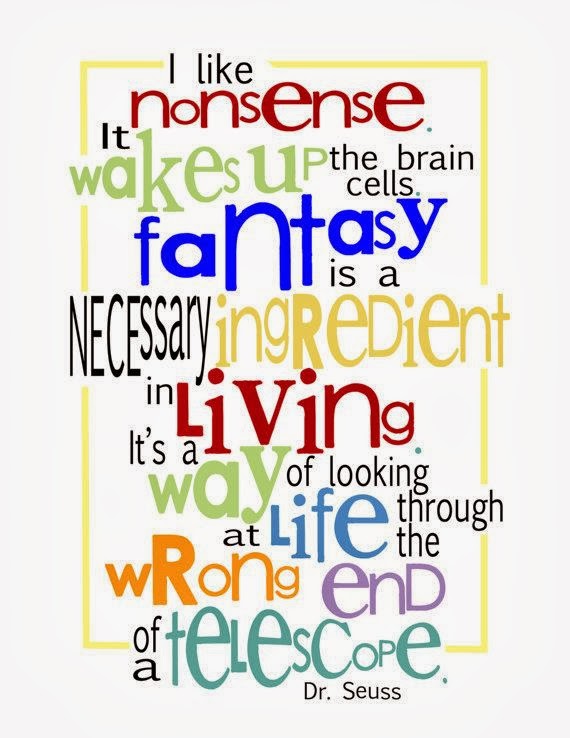
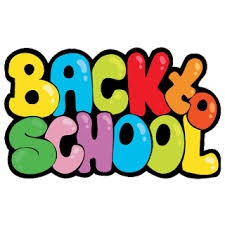
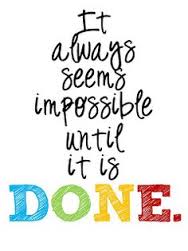
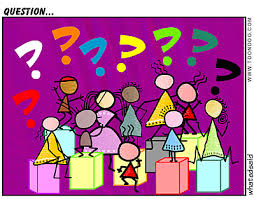
![quotes-18he7ck[1]](https://kunyungprimaryschool.edublogs.org/files/2013/07/quotes-18he7ck1-z4va0q.jpg)